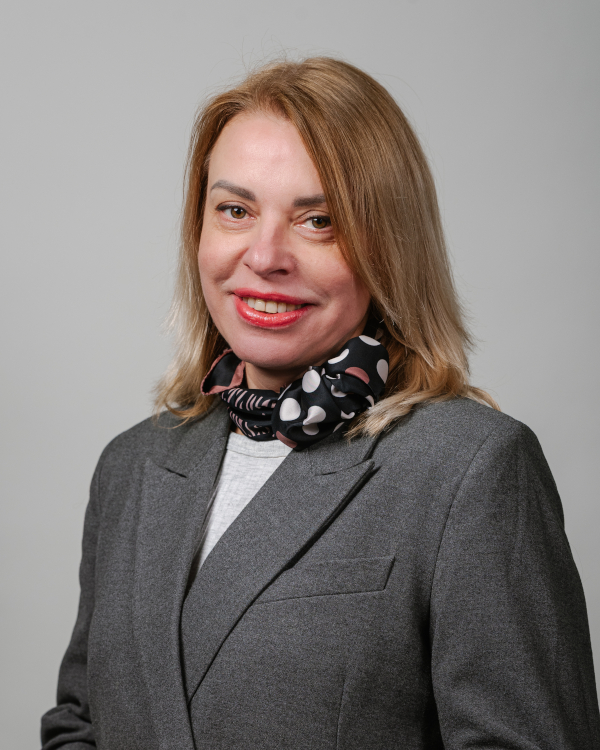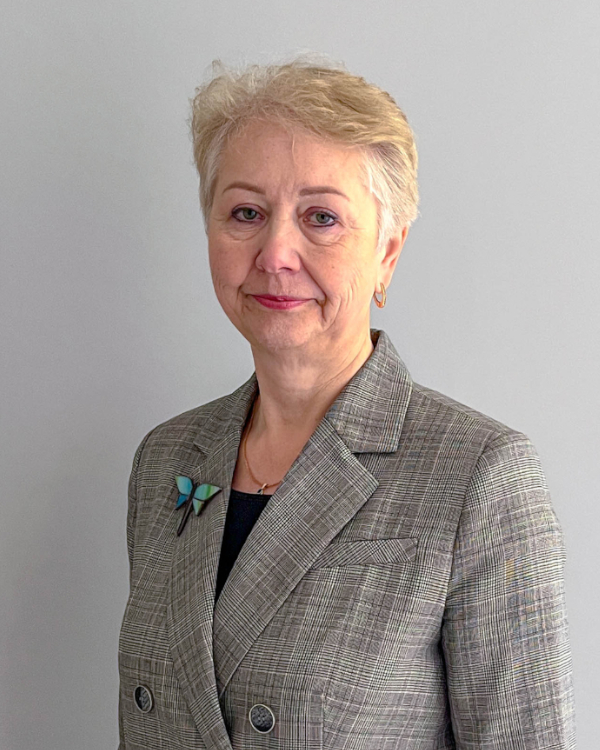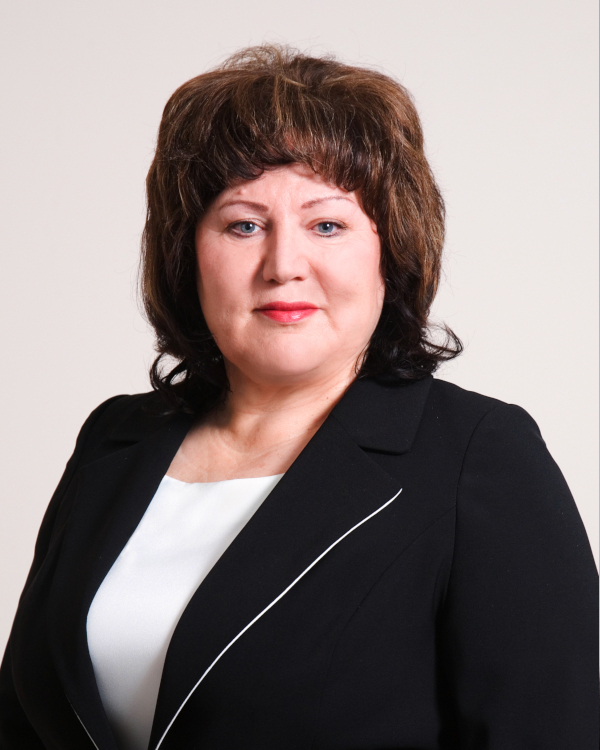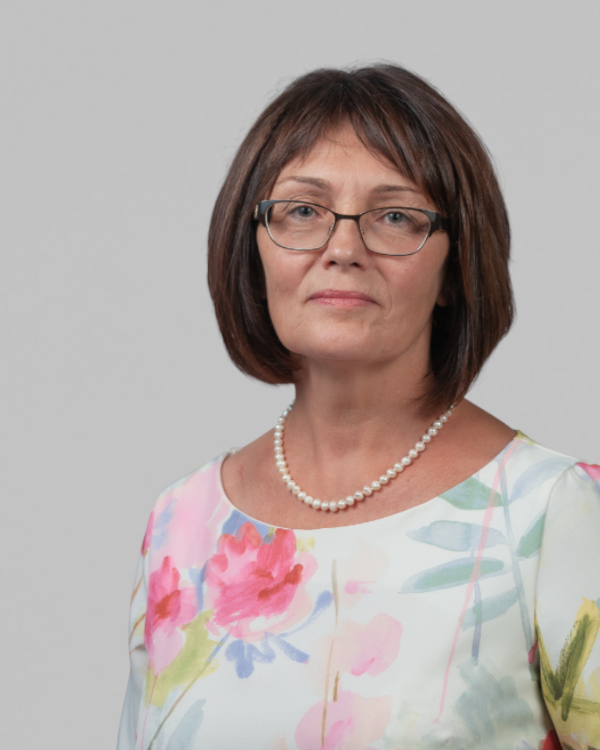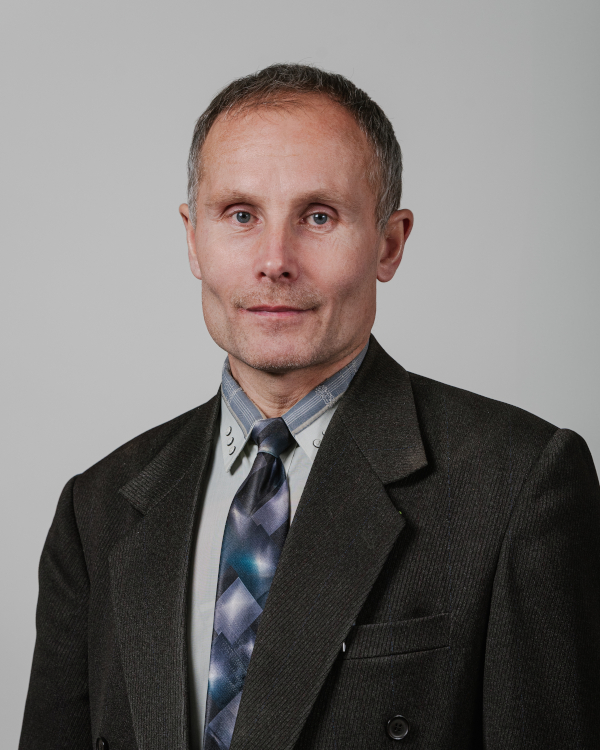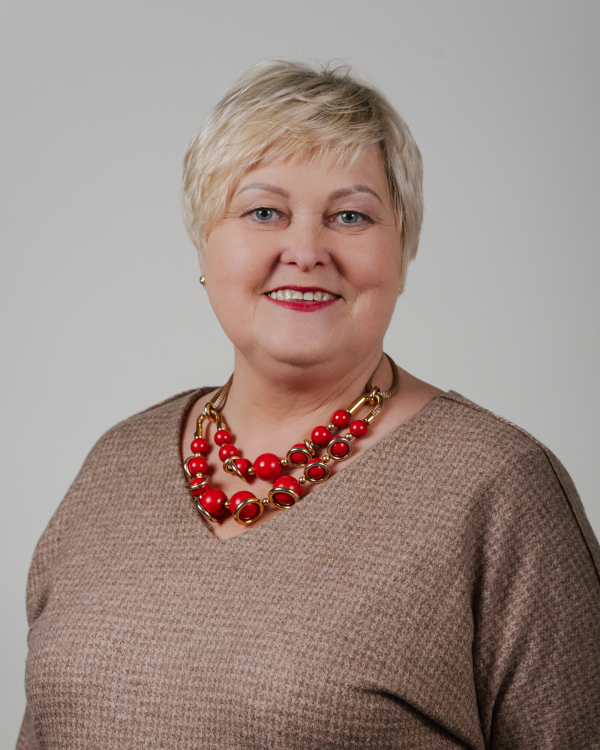SUSTAINABLE TERRITORIAL
DEVELOPMENT RESEARCH GROUP
Sustainable territorial development is defined by equality, environmental balance, and social cohesion, all of which directly affect people’s well-being—how they live, work, move, and interact within specific geographic spaces. Territories are not just points on a map; they are complex and dynamic systems encompassing cities, rural areas, natural environments, economies, and social structures. Our research group of sustainable territorial development addresses key issues such as local economies, regional inequality, rural–urban linkages, infrastructure development, environmental sustainability, and local governance. With the university’s long-standing research focus on rural development and the economic activity of rural populations, our team has developed deep expertise in diverse territorial contexts—particularly in areas with low population density and the specific challenges these communities face. However, our interests extend beyond rural areas. We also explore how urbanisation and globalisation reshape places, generate new economic opportunities, and influence social cohesion within and across regions. Our mission is to create data-driven solutions that help shape smarter, more inclusive, and adaptive regions—regions that are resilient and prepared to meet current and future challenges. We place special emphasis on local assets, community participation, and context-specific solutions, recognising that sustainable development must reflect the needs, values, and identities of local populations. It is essential to understand how territories—shaped by their unique social, economic, cultural, and ecological characteristics—can thrive in a sustainable way. Territorial development is not only about infrastructure or land use—it is fundamentally about people, communities, power relations, and social systems. As social scientists, we bring the human dimension into sustainable territorial development, ensuring that strategies are democratic, culturally grounded, socially just, and responsive to the diverse realities across regions.


